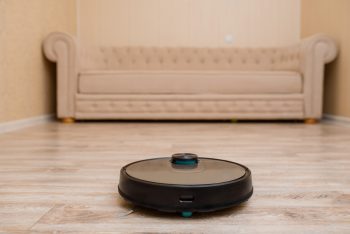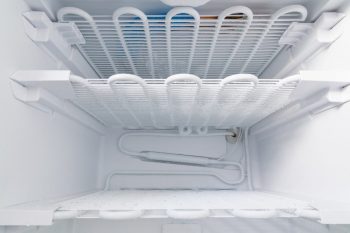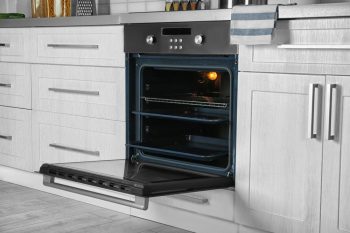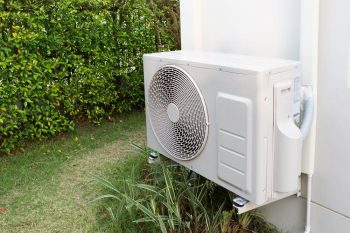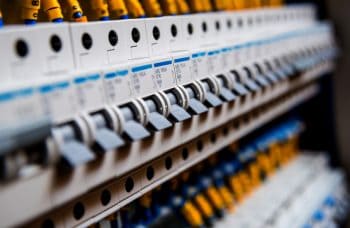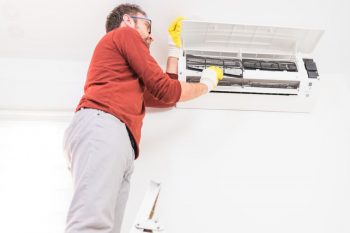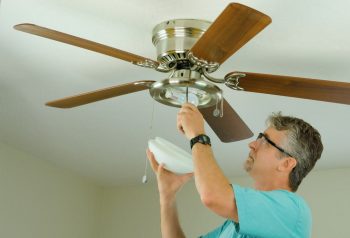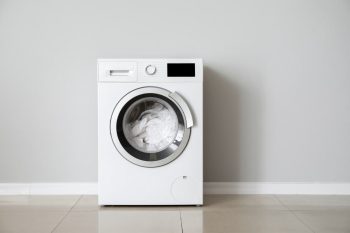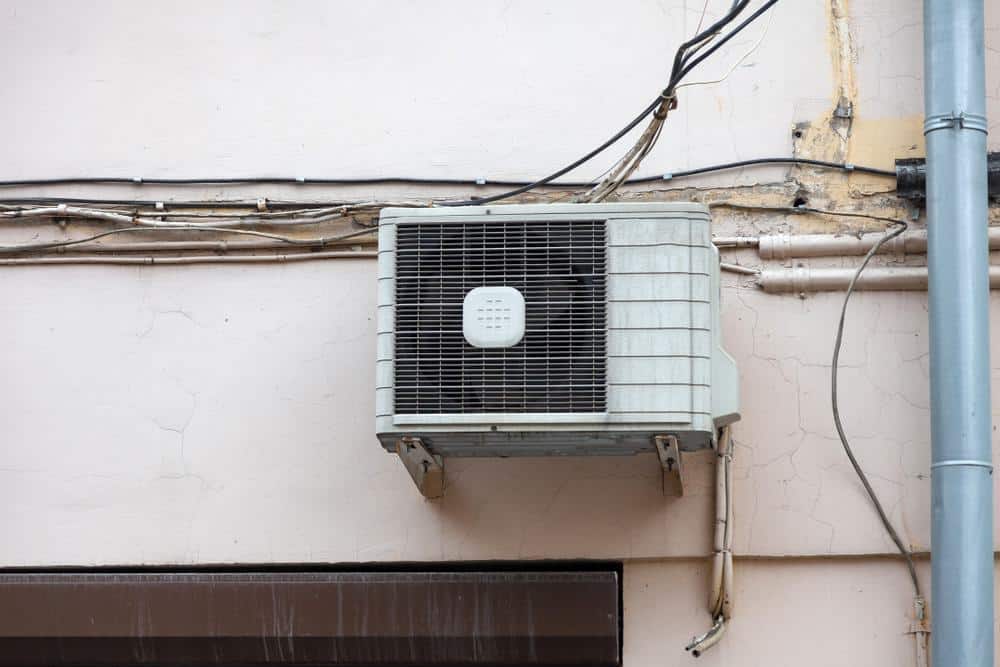
Air conditioning is a crucial part of maintaining a comfortable living or working environment, especially in warmer climates or during the summer months. When it comes to choosing the right air conditioner, there are several factors to consider – from the type and size of the unit to its energy efficiency and noise levels. In this comprehensive guide, we’ll delve into what constitutes a good air conditioner, the top brands to consider, and how to troubleshoot common problems.
A good air conditioner is one that effectively controls humidity, is energy-efficient, operates quietly, has smart features, and is properly installed and regularly maintained. The size should be appropriate for your space to ensure optimal performance. Top brands like Lennox, Carrier, and LG are known for their quality and customer satisfaction. Consider factors like noise levels, warranty, and after-sales service when making your choice. Regular maintenance and troubleshooting can enhance its performance and lifespan.
Key Features of a Good Air Conditioner
A good air conditioner should possess several key features:
- Humidity Control: The unit should effectively remove heat and humidity from indoor air. Systems with variable-speed compressors offer superior humidity control.
- Energy Efficiency: Examine the unit’s Seasonal Energy Efficiency Ratio (SEER) rating. A higher SEER rating indicates better energy efficiency.
- Sound Performance: Units with variable and multi-stage compressors operate more quietly than those with single-stage compressors.
- Smart Features: Features like remote control, adjustable fan speeds, heat and cool functions, and air improvement options add to the unit’s convenience and performance.
- Proper Installation and Regular Maintenance: A well-installed and regularly maintained unit will optimize its performance and longevity.
Size and Performance
The size of an air conditioner significantly impacts its performance. An undersized unit will constantly operate, leading to higher energy bills and uneven cooling. Conversely, an oversized unit will cool the space too quickly, leading to poor dehumidification and increased energy consumption. To ensure optimal performance and efficiency, choose an air conditioner with the appropriate cooling capacity for your living space.
Top-Rated Brands
Some of the top-rated air conditioner brands include Lennox, Carrier, York, Trane, American Standard, LG, and Ruud. These brands are recognized for their performance, energy efficiency, extended warranties, and overall customer satisfaction.
Energy Efficiency
Energy efficiency in air conditioners is measured using two main metrics: Energy Efficiency Ratio (EER) and Seasonal Energy Efficiency Ratio (SEER). Higher ratings indicate a more efficient system. Energy-efficient air conditioners can help reduce energy consumption, lower energy bills, and reduce your carbon footprint.
Noise Levels
A quieter air conditioner ensures a more comfortable and peaceful environment. Modern air conditioners have lower noise levels. A good noise level for an air conditioner is below 40 dB, which does not affect sleep and health.
Warranty and After-Sales Service
When buying an air conditioner, look for a warranty that covers a long period and includes major components. Ensure that the manufacturer and installer provide comprehensive warranties and offer reliable after-sales service, maintenance, and repair support.
Common Problems and Troubleshooting
Common problems with air conditioners include the AC running constantly, no cool air flowing, refrigerant or water leaking, and thermostat malfunctioning. Regular maintenance and proper troubleshooting can help resolve these issues and prolong the life of the unit.
Conclusion
A good air conditioner is an investment in your comfort and health. By considering factors like size, energy efficiency, noise levels, warranty, and after-sales service, you can choose the right unit that fits your needs and ensures a cool, comfortable environment. Regular maintenance and timely troubleshooting can further enhance the performance and longevity of your air conditioner.
Frequently Asked Questions
What is the typical lifespan of a good air conditioner?
The typical lifespan of a good air conditioner is around 15-20 years, although this can vary depending on the brand, installation quality, usage, and regular maintenance.
How can I determine the appropriate size of an air conditioner for my room?
To determine the appropriate size of an air conditioner, you should consider the size of the room, the number of windows, the room’s insulation, and the number of people who regularly occupy the room. A professional HVAC contractor can provide a precise calculation for your specific needs.
How often should I perform maintenance on my air conditioner?
It’s generally recommended to have your air conditioner serviced at least once a year, preferably before the start of the cooling season. Regular maintenance ensures optimal performance and longevity of the unit.
What are some signs that my air conditioner may need repair or replacement?
Some common signs that your air conditioner may need repair or replacement include: the unit is not cooling effectively, unusual noises from the unit, high energy bills, frequent cycling, and the unit is more than 10-15 years old.
Are portable air conditioners as effective as window or split units?
Portable air conditioners can be effective for cooling small spaces or as supplemental cooling. However, they are generally not as efficient or powerful as window or split units. They are best suited for situations where a window or split unit is not feasible.

